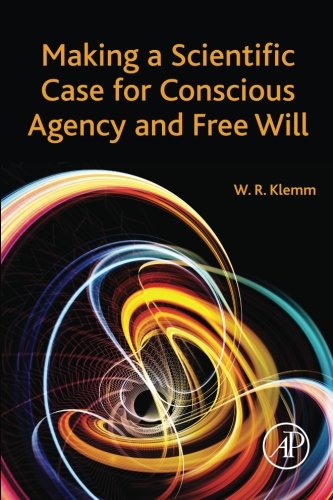

Most ebook files are in PDF format, so you can easily read them using various software such as Foxit Reader or directly on the Google Chrome browser.
Some ebook files are released by publishers in other formats such as .awz, .mobi, .epub, .fb2, etc. You may need to install specific software to read these formats on mobile/PC, such as Calibre.
Please read the tutorial at this link: https://ebookbell.com/faq
We offer FREE conversion to the popular formats you request; however, this may take some time. Therefore, right after payment, please email us, and we will try to provide the service as quickly as possible.
For some exceptional file formats or broken links (if any), please refrain from opening any disputes. Instead, email us first, and we will try to assist within a maximum of 6 hours.
EbookBell Team

0.0
0 reviewsMaking a Scientific Case for Conscious Agency and Free Will makes a series of arguments that certain human behaviors are impossible to explain in the absence of free will, and that free will emerges from materialistic processes of brain function. It outlines future directions for neuroscience studies that can harness emerging technologies and tools for systems-level analysis.
All humans have the sensation that they consciously will certain things to happen and that, in the absence of external constraints, they are free to choose from among alternatives. This notion of free will is deemed obvious by the average person based on common experience. Free will is frequently defended with arguments stemming from social, legal, philosophical, and religious perspectives. But these arguments appeal to consequences—not causes—of choices and decisions. In the past 3 decades, debate has raged within the scientific community over whether free will is in fact an illusion. Because free will would require conscious agency, the supporting corollary is that consciousness itself cannot do anything and is merely an observer rather than an actor.